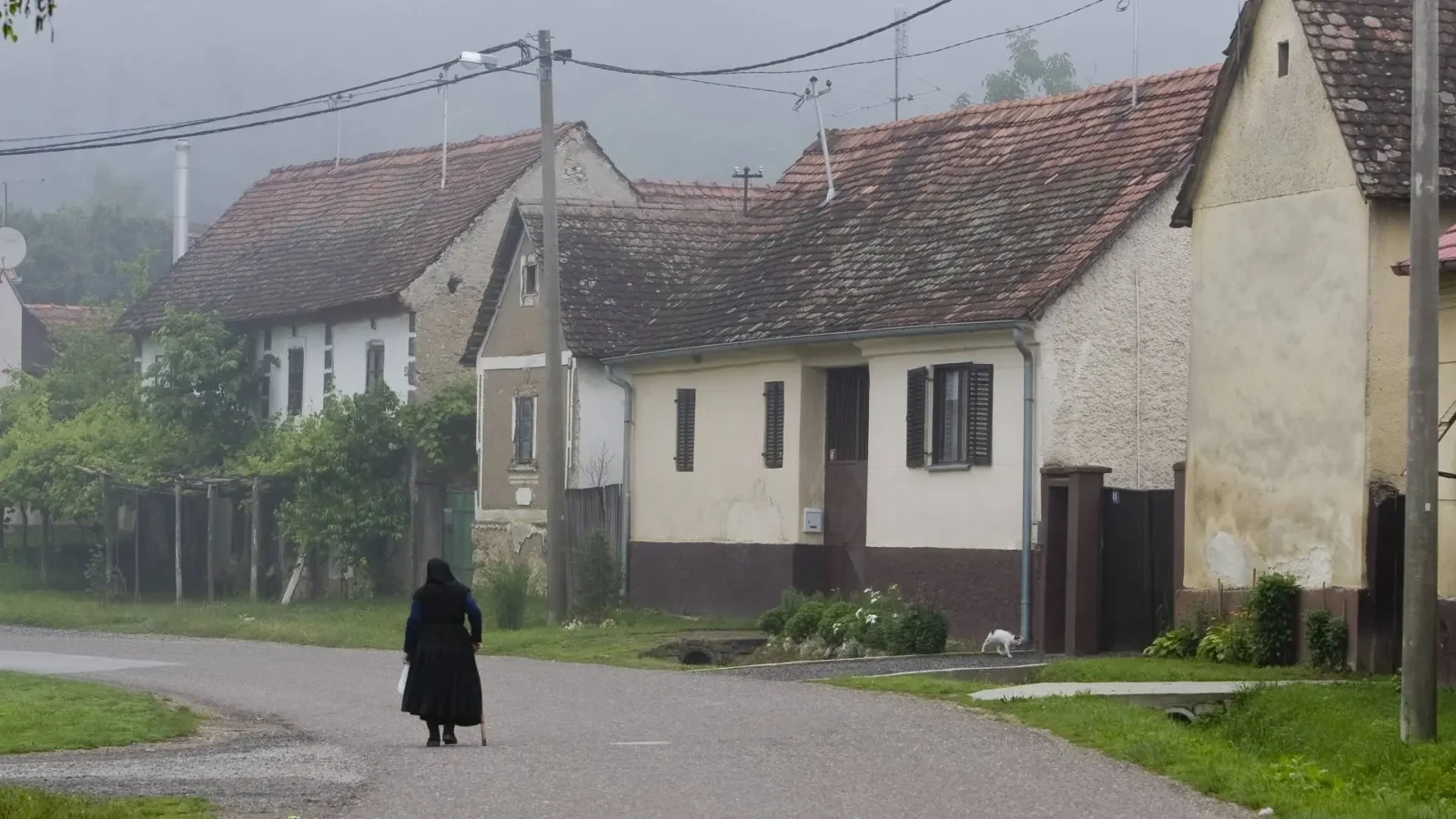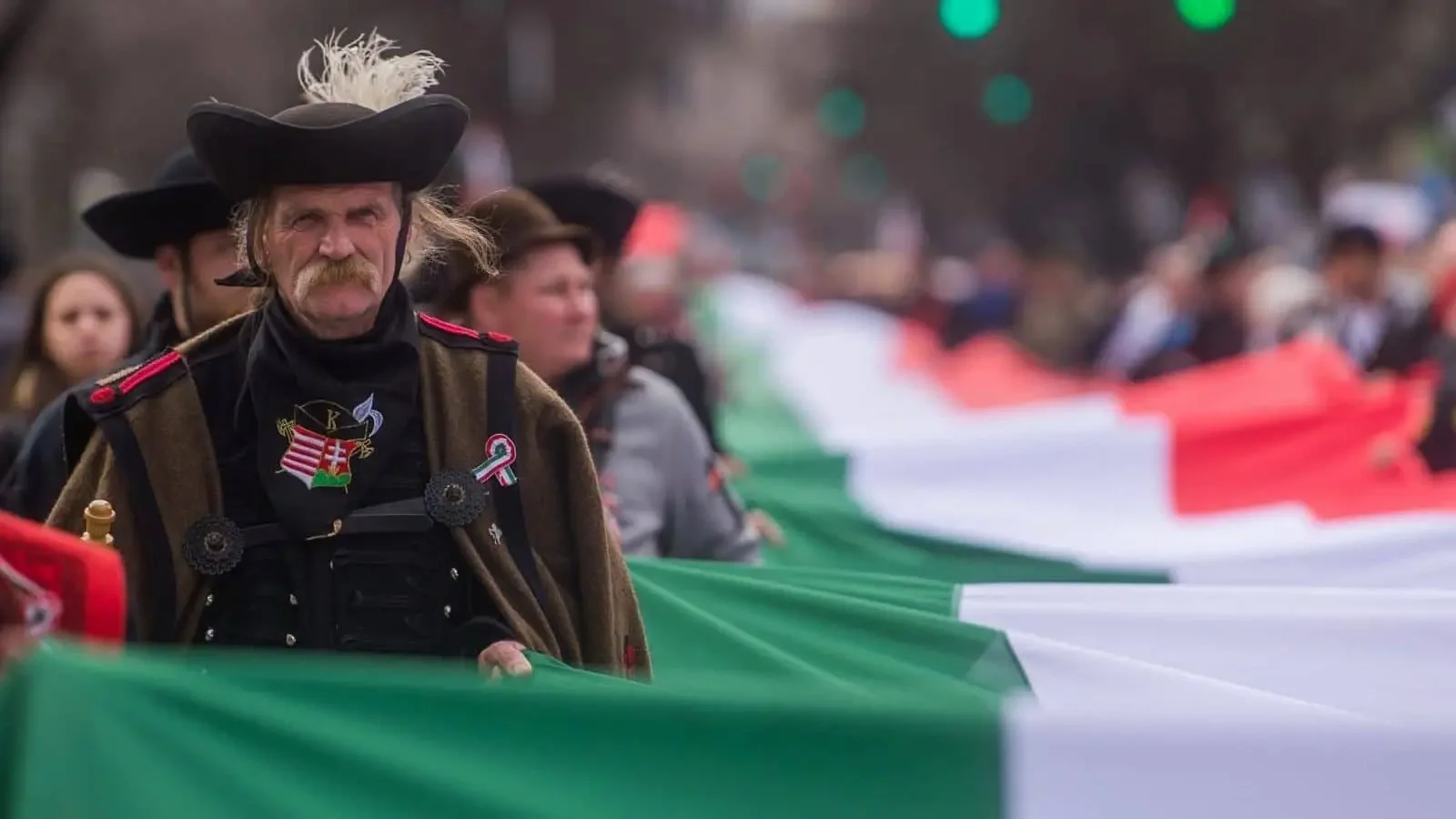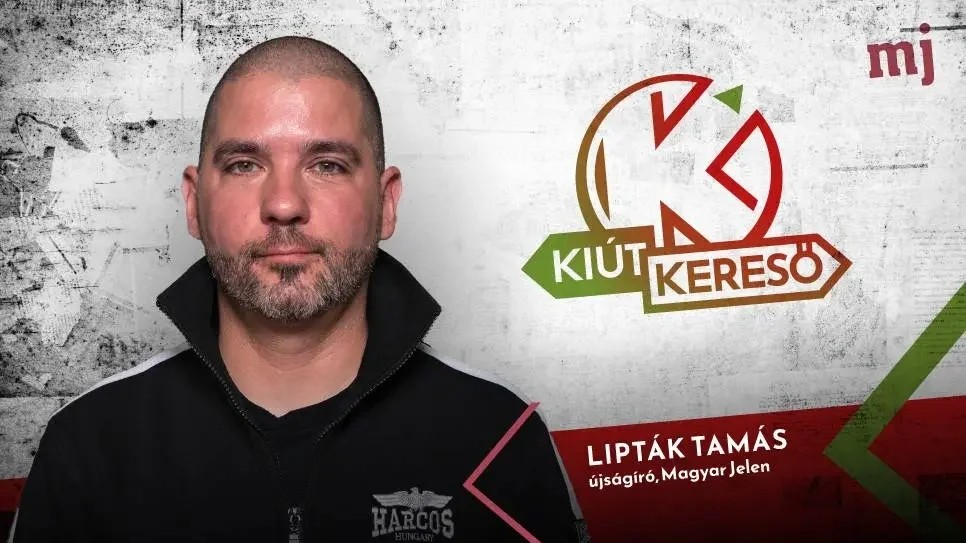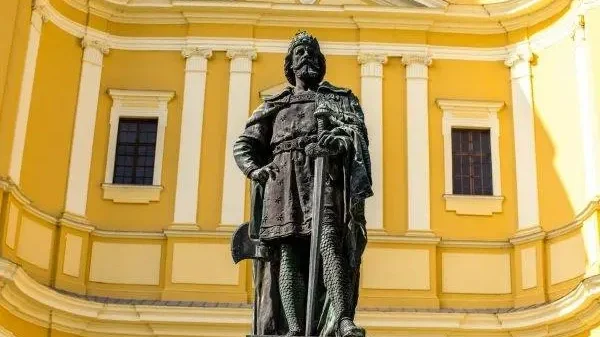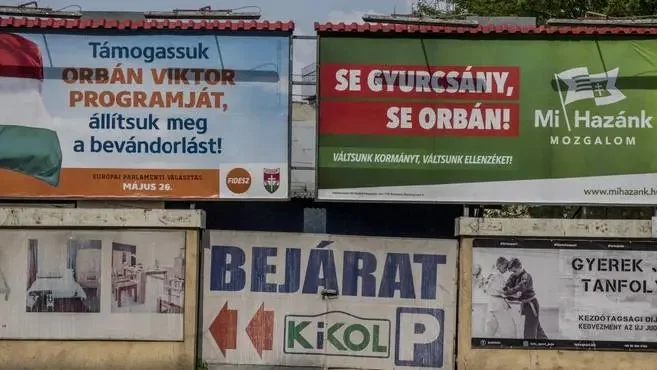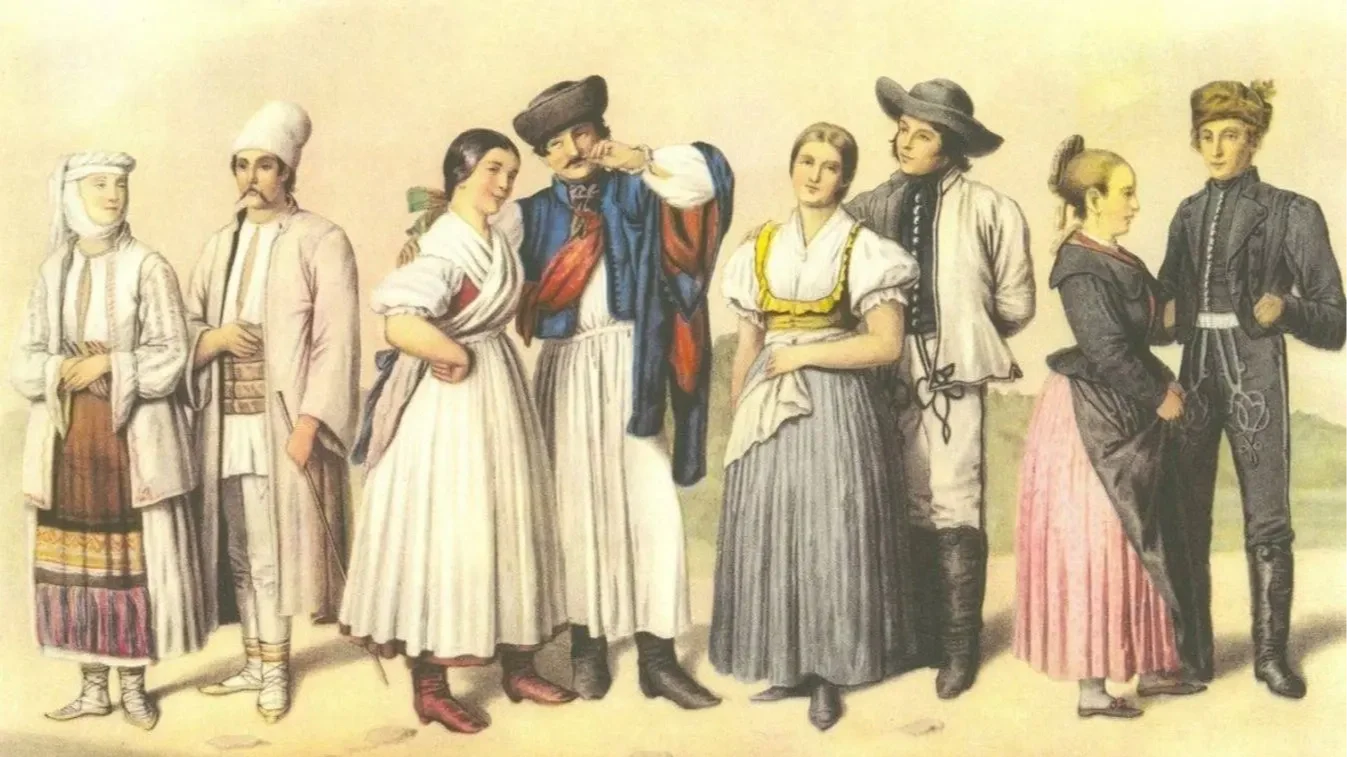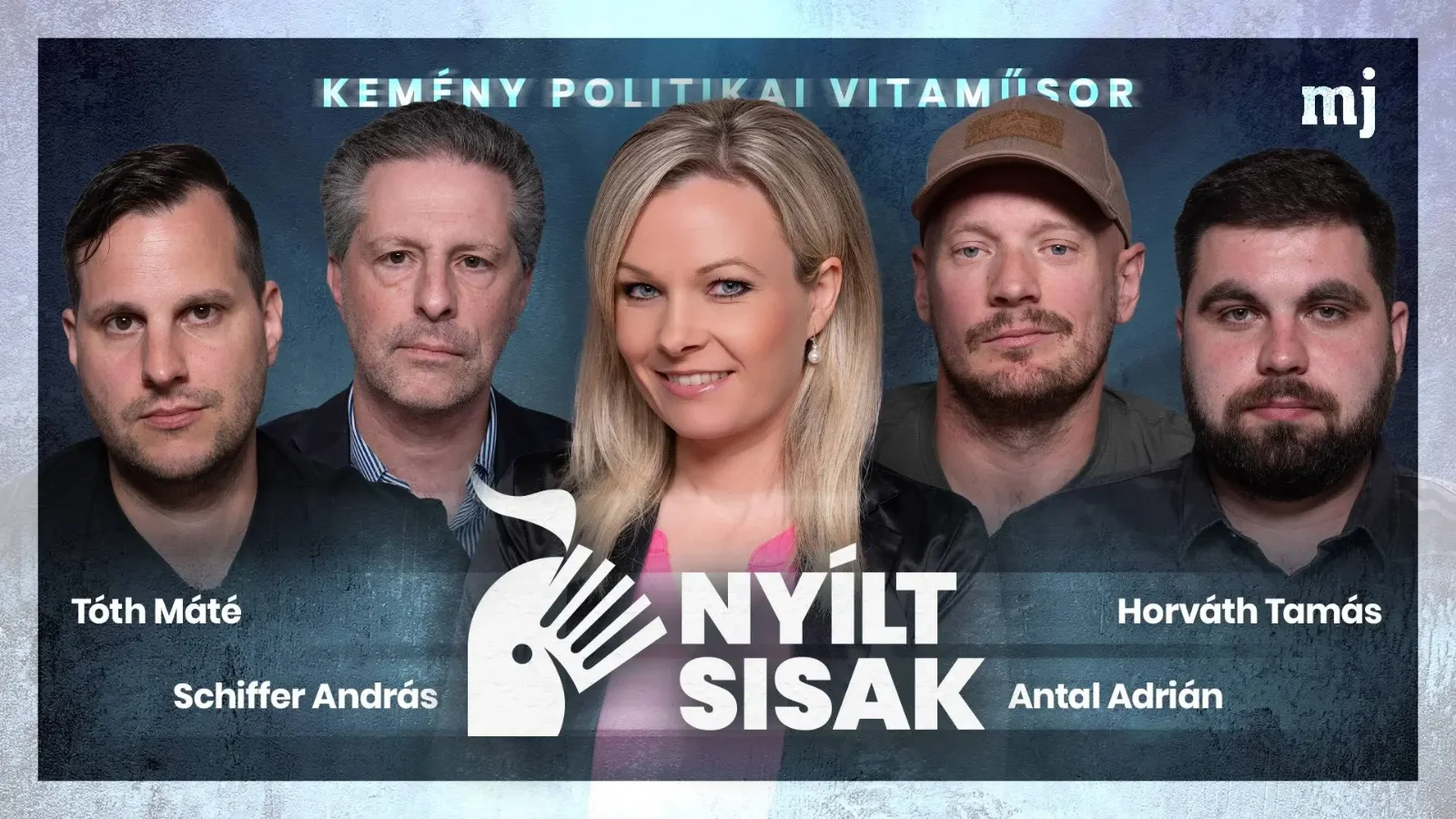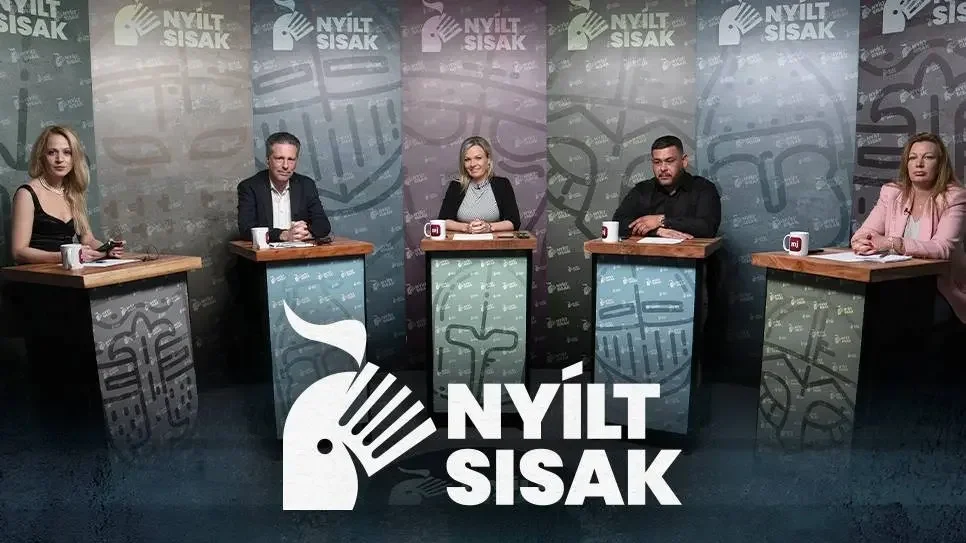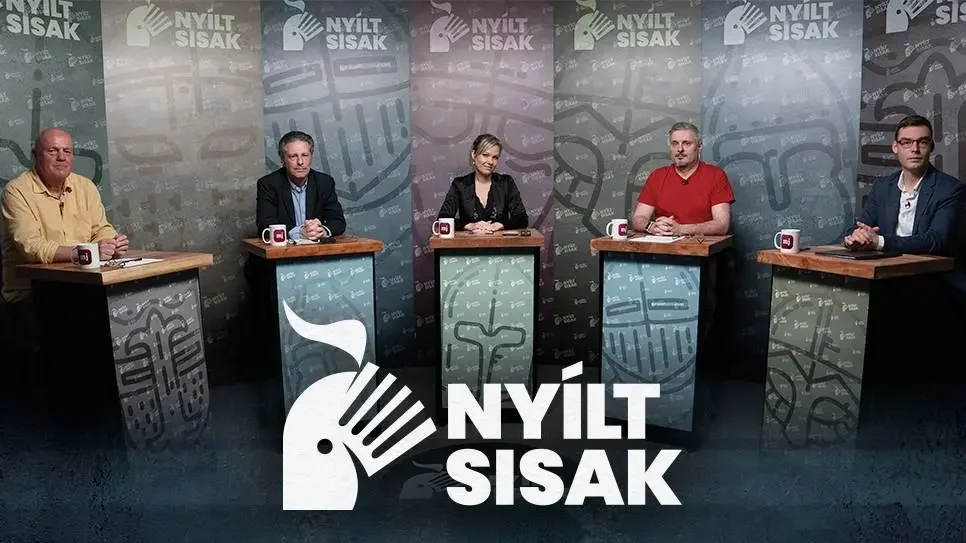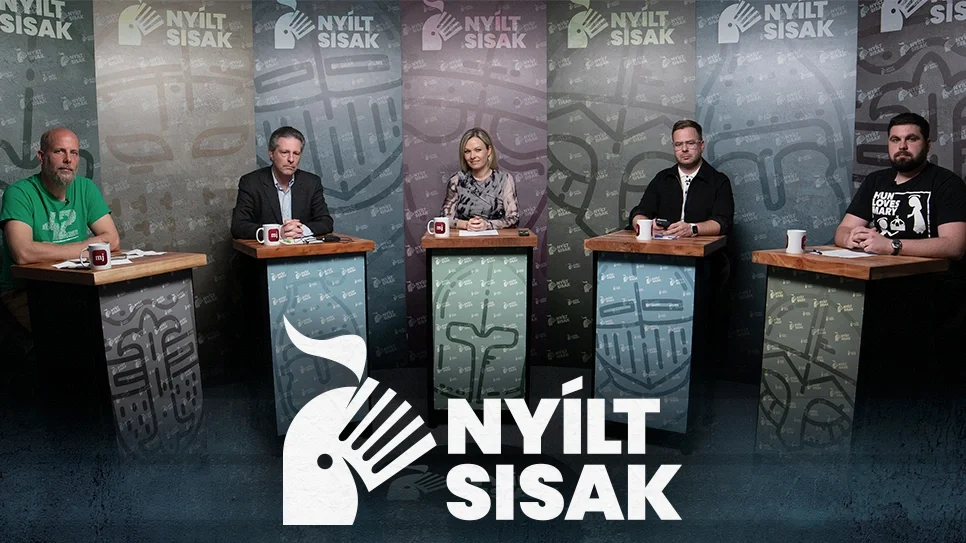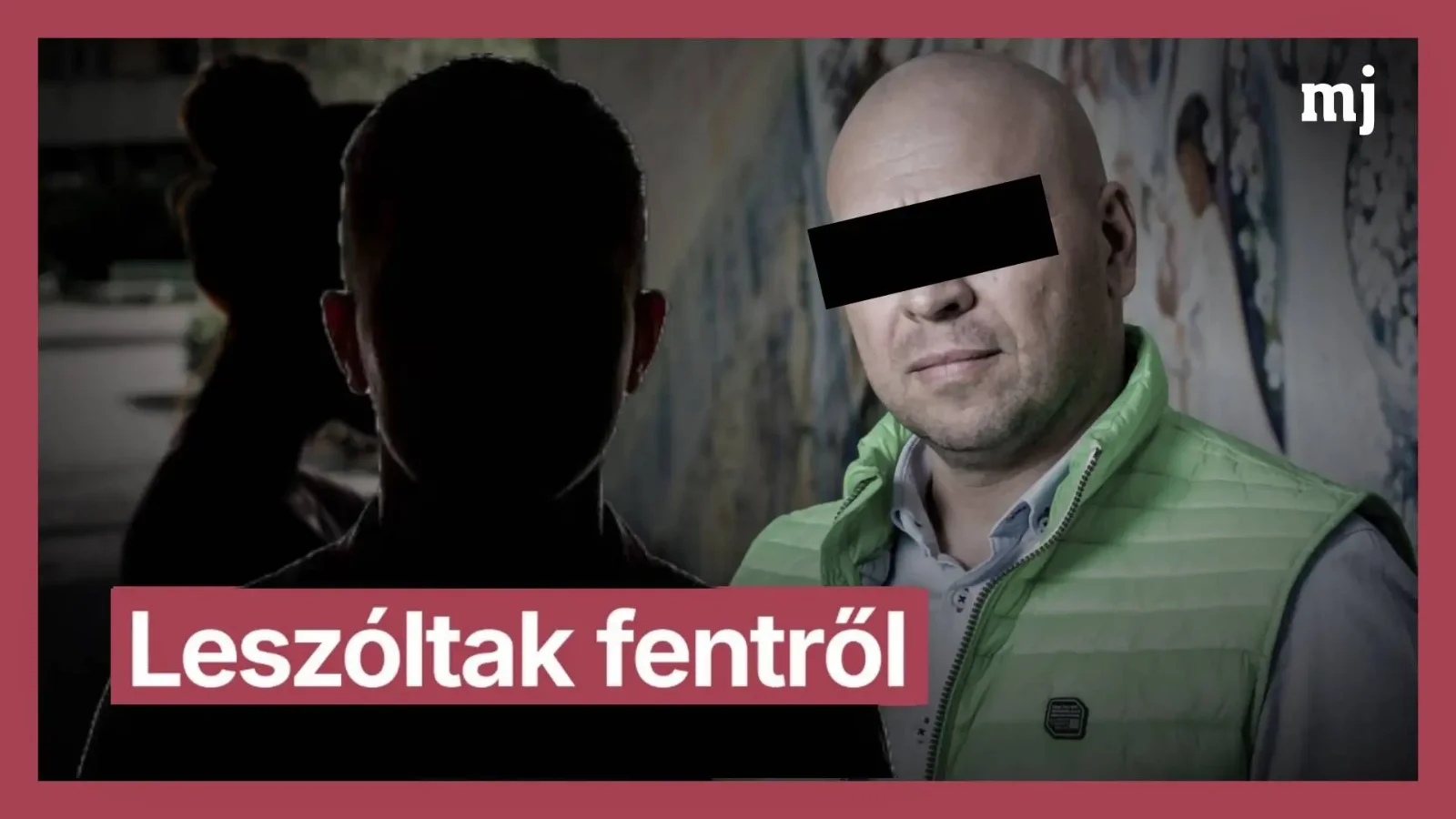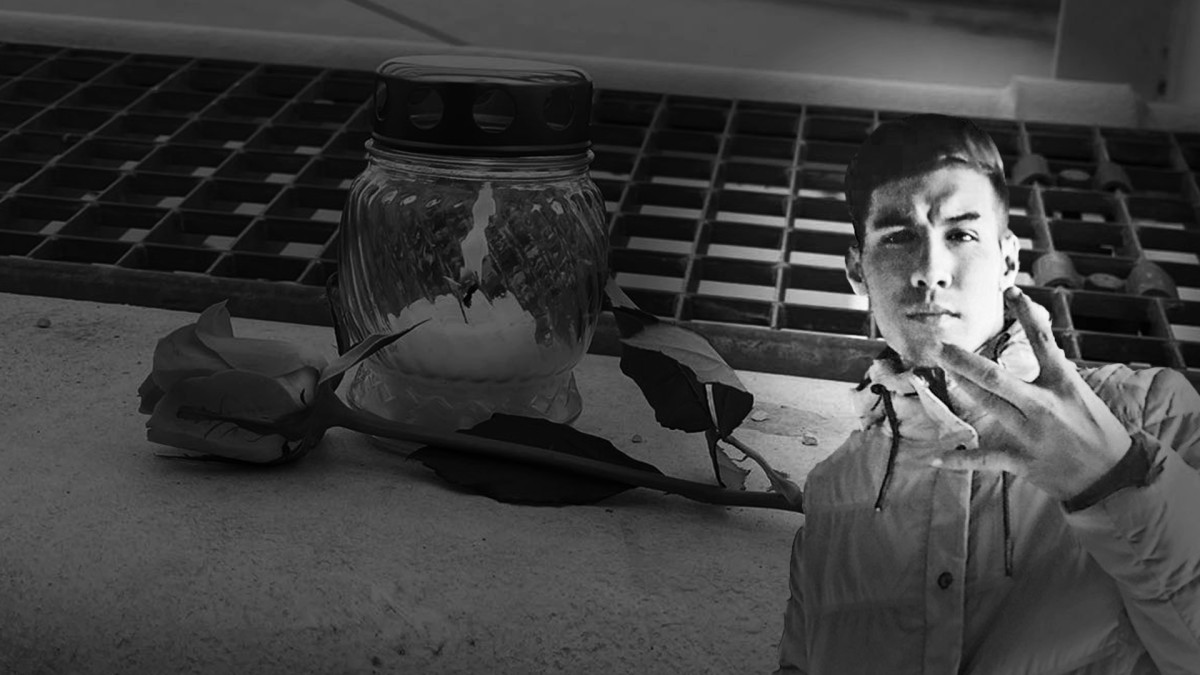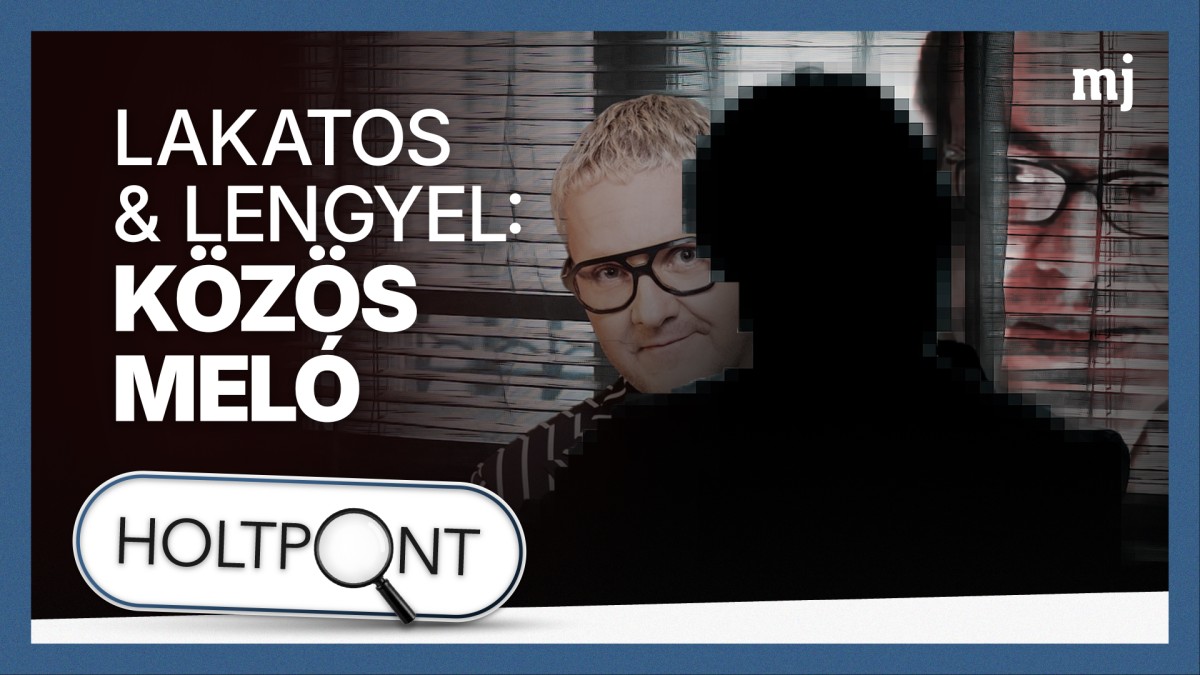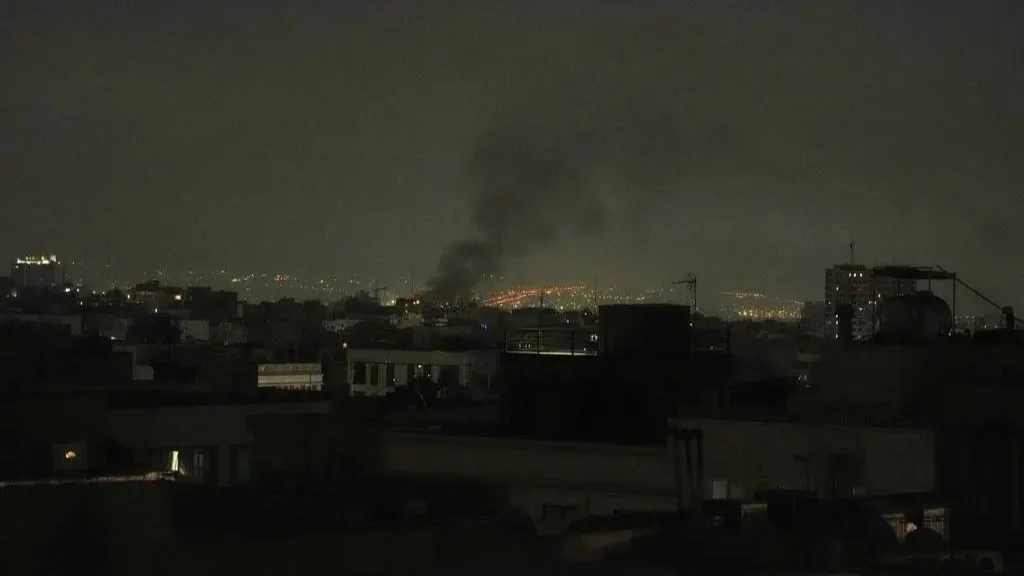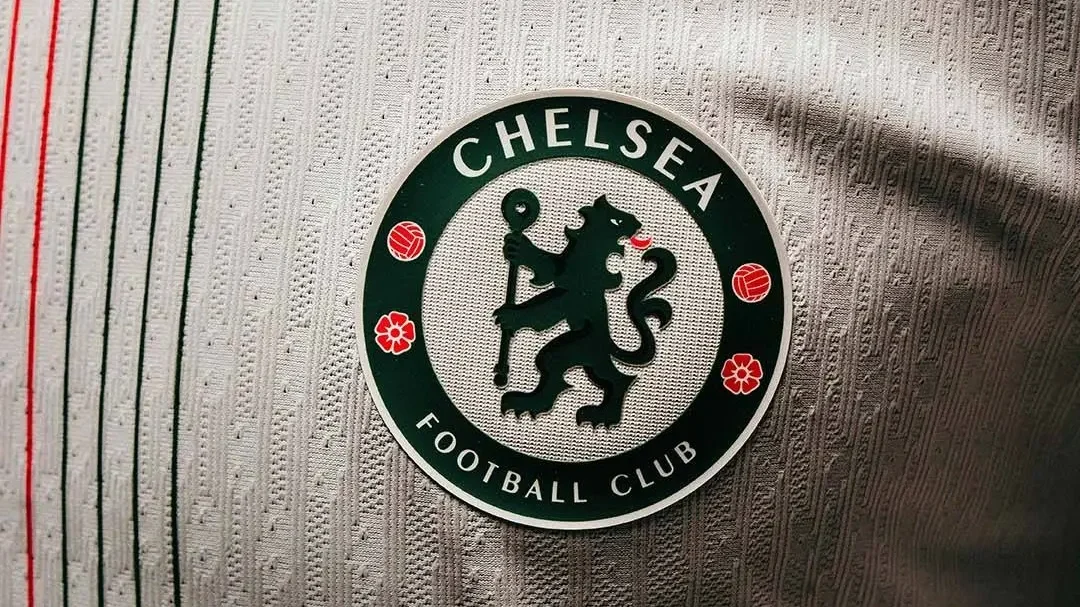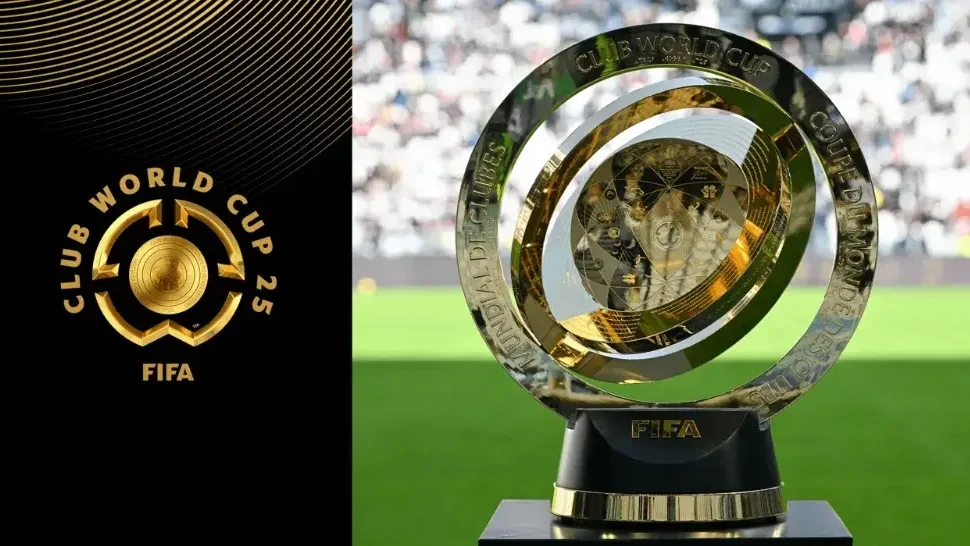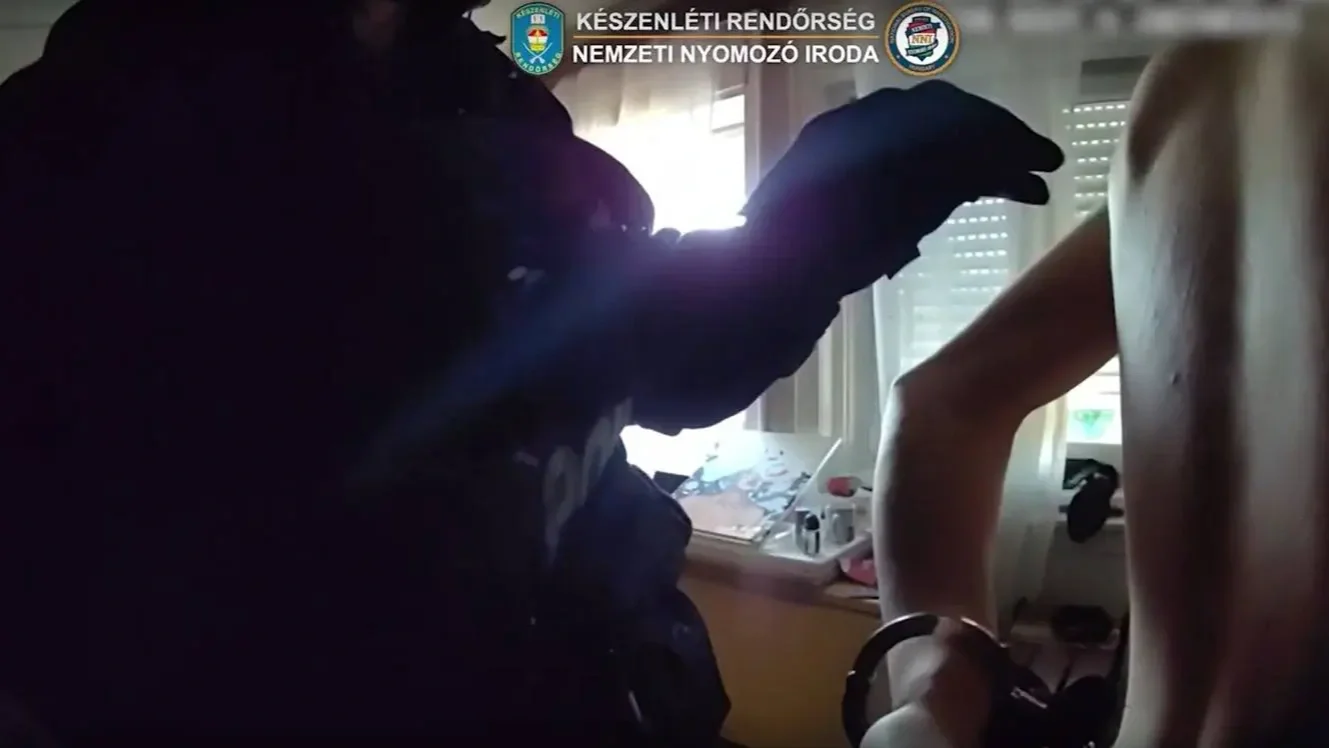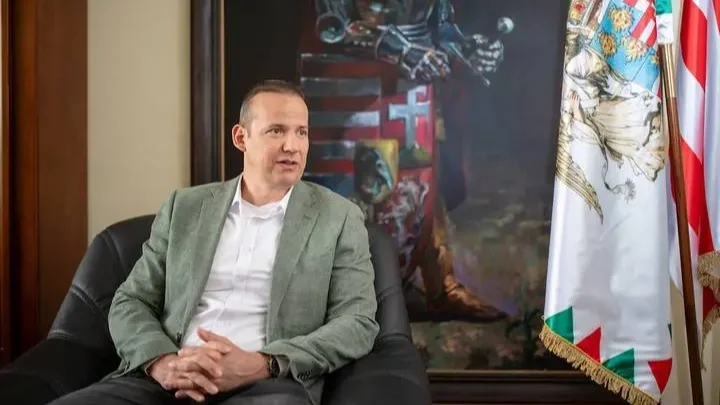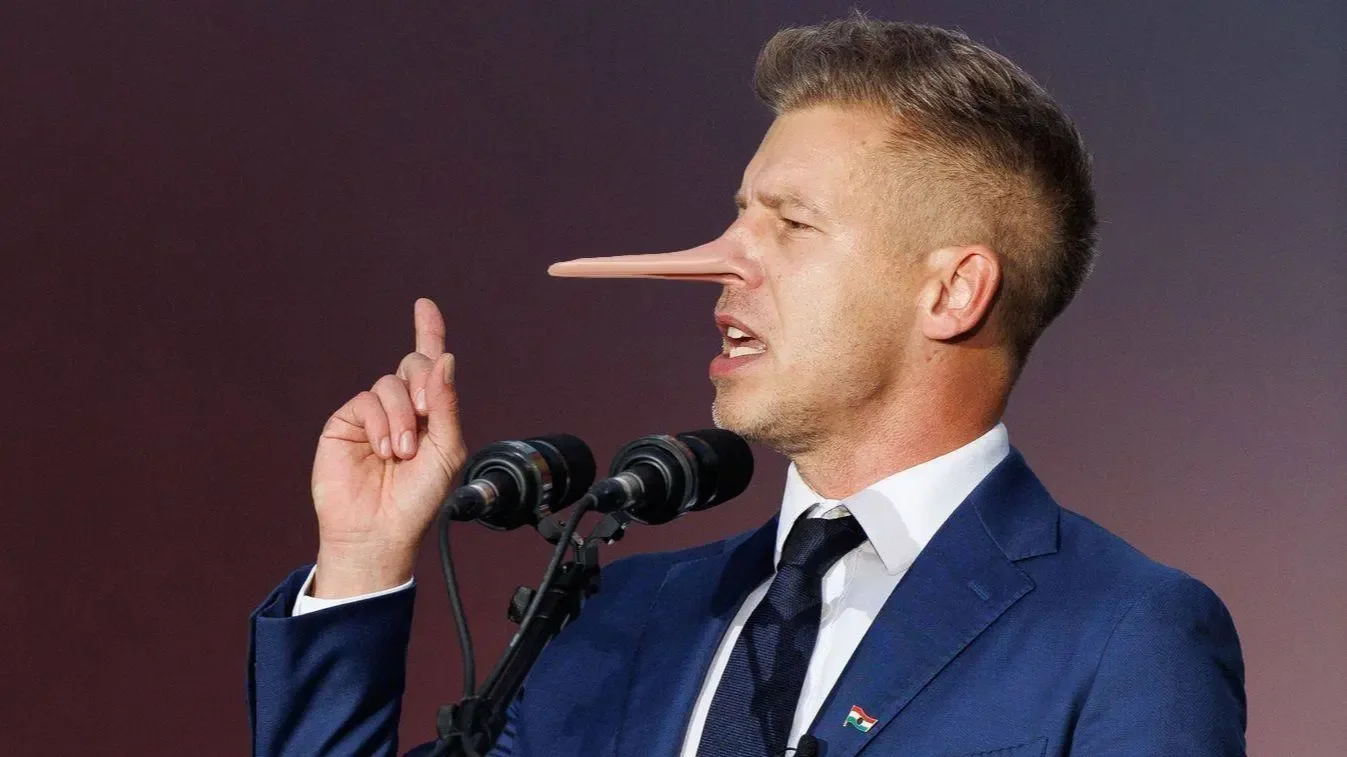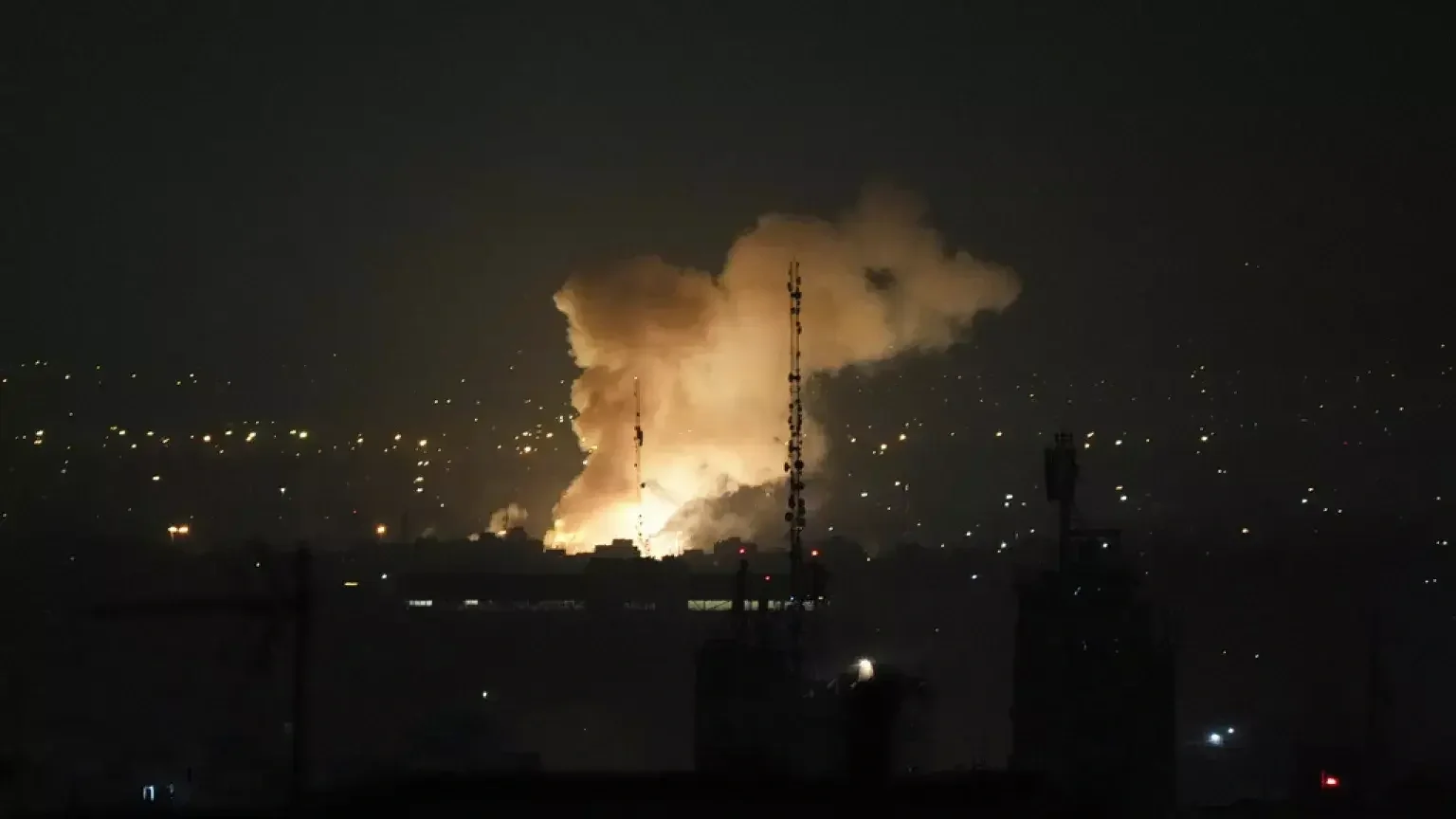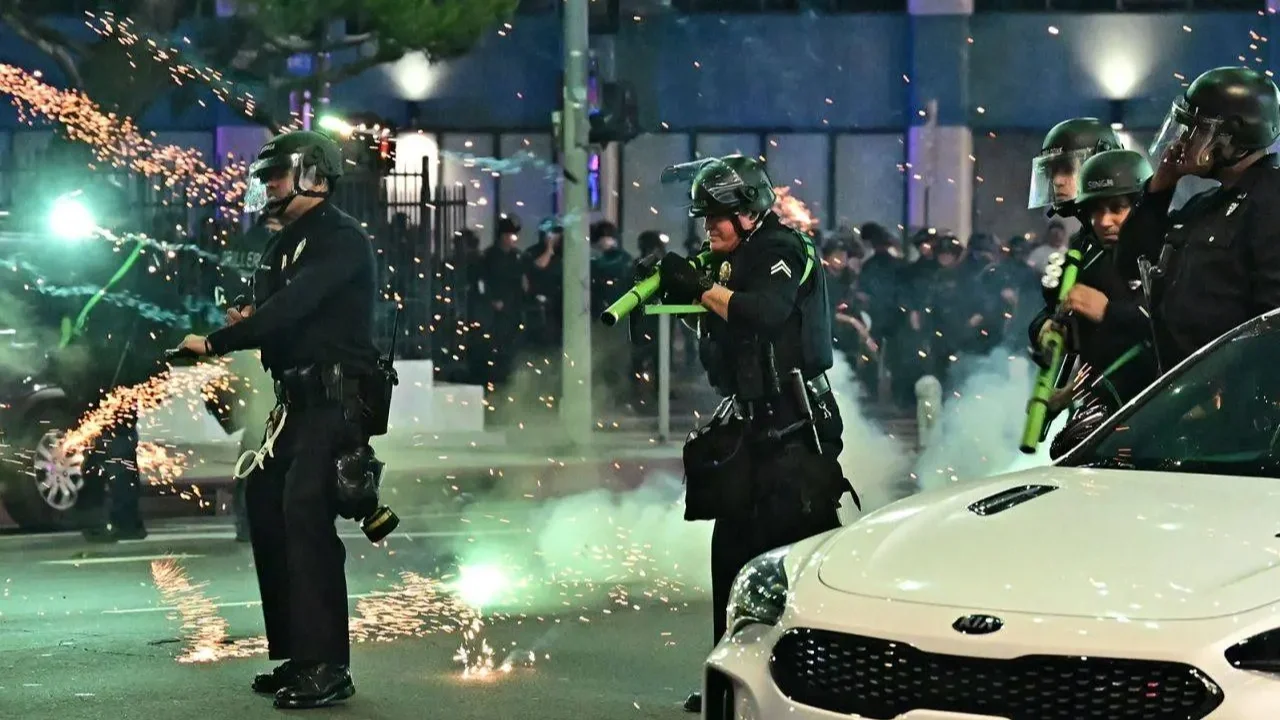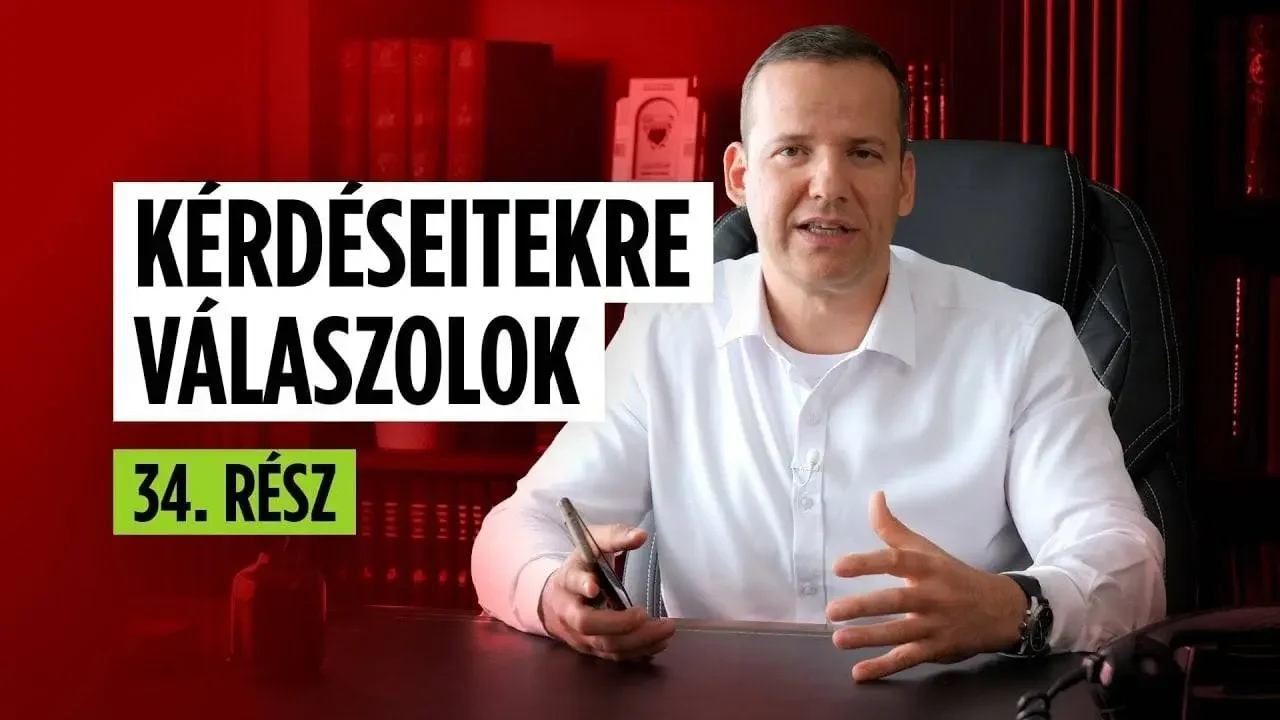A Pope of Contradictions – Pope Francis’s Ideological Roots
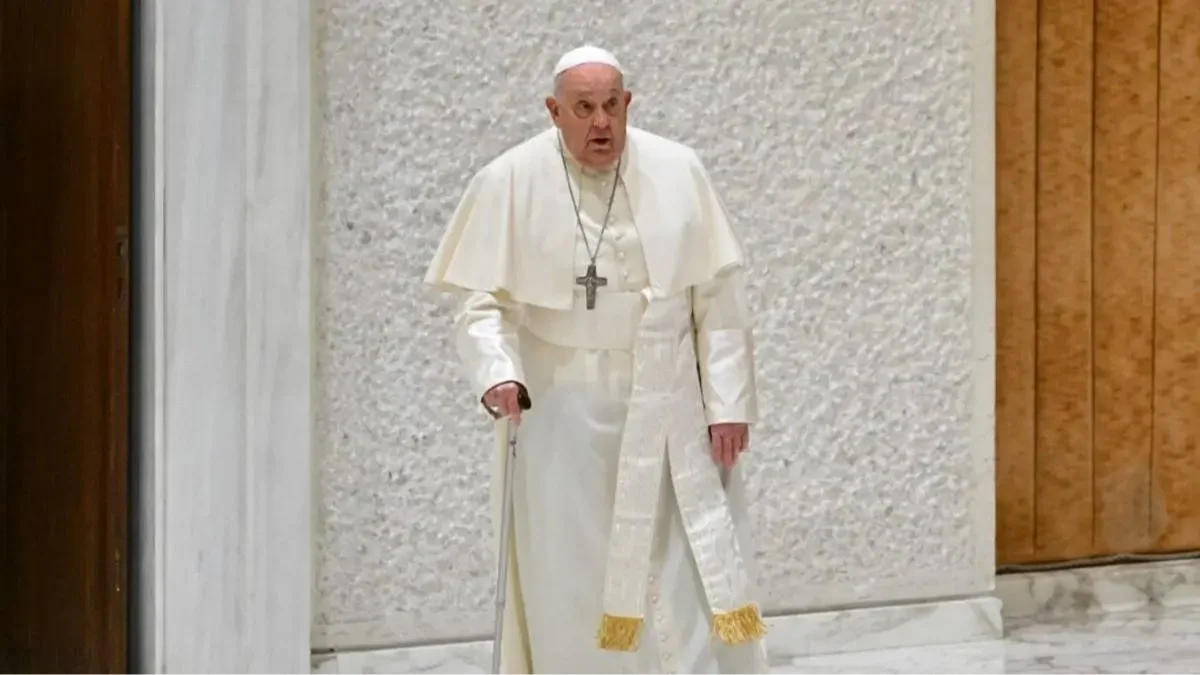 AFP
AFP
Translation of an article originally published in Hungarian by Magyar Jelen on March 6, 2025.
In the history of the modern papacy, Pope Francis may be the most divisive pope, marked by numerous scandals and complex, sometimes difficult to understand leadership style. Why is he so controversial? This article explores his past for answers. Who supported his rise, and what ideological background did Jorge Mario Bergoglio come from? Was his path truly guided by faith and vocation, or by calculated political maneuvering? We'll explore the Bergoglio family's political connections, communist and Peronist influences, and the hidden networks that helped him reach the leadership of the Church.
The Bergoglio family's emigration and political background
Bergoglio was born into an Italian immigrant family that moved to Argentina between the late 1920s and early 1930s. This period coincided with Mussolini's rise in Italy, where the country increasingly slid into authoritarian rule. While the fascist regime did not initially target all political opponents, by the late 1920s, it had begun closely monitoring and monitoring communists and radical leftists, imprisoning or exiling them.
It's worth noting that Jews were not yet directly persecuted in Italy—official antisemitic laws weren't introduced until 1938—whereas radical leftists, particularly communists and anarchists, were constant targets of the fascist secret police (OVRA). Some sources suggest the Bergoglio family left Italy not only for economic reasons but also because they anticipated an uncertain future amid growing political repression. Politics was frequently discussed at the family table, and young Jorge likely developed his early interest in public affairs there. He had relatives who embraced radical leftist, workers' movement, and communist ideals, while others supported Perón. This intellectual environment formed the foundation of his worldview.
The family's opposition to his priestly vocation
It's hardly surprising that the Bergoglio family initially opposed his decision to become a priest. His mother, Regina Sivori, was particularly resistant, believing her son was destined for something more—perhaps a career in medicine or law. For some family members, the priesthood seemed less appealing at a time when the Church's role was becoming increasingly politicized. While many Catholic families would consider their son's service to the Church a great honor, the Bergoglio household—immersed in leftist and even communist thought—reacted with discomfort. According to certain accounts, Regina tried to discourage him, and when he announced his choice, she was deeply disappointed. Only after his ordination did the family's resistance gradually ease, though the early tensions were significant.
The prophecy: the boy who would become pope
A persistent rumor holds that when Jorge was a child, his mother consulted a fortune-teller who allegedly told her that her son would one day become pope. While this story has never been officially confirmed, it is often mentioned among those who knew the family as a special portent of the boy's future. Notably, Pope Francis himself has never commented on this tale—something many interpret as an indirect indication that it may contain at least some truth.
His school environment and teachers' leanings
Bergoglio's education was deeply intertwined with Church institutions, especially Jesuit formation. As a youth, he attended the Colegio de San José in Buenos Aires, a formerly conservative Jesuit school. By that time, Jesuit educational traditions in Latin America had evolved, and many of his teachers sympathized with leftist ideas—particularly regarding state intervention for social welfare and advocating for the poor. Liberation theology, a Church-based adaptation of Marxist class struggle theory, was gaining momentum in Latin America at the time.
One of his early mentors, Lucio Gera, was a pioneer of Latin American liberation theology who insisted the Church must stand with the poor, even if that meant supporting state action. Some sources suggest Gera's influence can be detected in Bergoglio's later thinking, though the future pope always approached radical Marxist perspectives with caution. Within the Jesuit order, there were also priests with direct connections to Perón's regime, and accounts indicate that young Bergoglio encountered clergy who did not reject the populist-leftist ideological currents within the Church.
The impact of Peronism
At that time, Argentina's political landscape was dominated by Juan Domingo Perón's populist-leftist rule. Peronism was a nationalist, populist ideology that combined social justice rhetoric with authoritarian governance. Although it proclaimed itself a defender of workers and the poor, in practice, it established a state-controlled, paternalistic system that restricted political pluralism and relied on demagoguery to maintain power.
One of Peronism's defining features was its emphasis on social justice and state-directed redistribution, a focus Pope Francis has repeatedly echoed during his pontificate. He has argued that the Church must stand with the poor and marginalized, a language that strongly recalls Perón's social populism. Pope Francis has also sharply criticized capitalism and the "dictatorship of the market," calling it unjust and inhumane, which parallels Perón's advocacy for economic centralization and government intervention.
Peronism frequently positioned "the people" against "the elite," a rhetoric Pope Francis often employs when calling for the defense of the poor and oppressed against the powerful. This populist style—combined with political pragmatism and the ability to work with diverse groups while adapting messages to circumstances—was characteristic of Perón's approach and later shaped Pope Francis's own strategy. Although he has never officially identified as Peronist, many of his social and political initiatives draw on the leftist tradition of Peronism. This political pragmatism has remained with Bergoglio throughout his life, even after becoming Pope, and helps explain the many apparent contradictions in his statements—topics we will explore more thoroughly later.
His personal mentors
In his youth, Bergoglio encountered figures who promoted Peronist and leftist ideas. Nicaraguan priest-revolutionary Ernesto Cardenal and Jesuit Ramón González both significantly influenced his thinking. Cardenal, who actively participated in the Sandinista revolution, advocated a Marxist-inspired liberation theology aimed at the political and social emancipation of the poor. Although Pope Francis later distanced himself from radical liberation theology, Cardenal's impact—particularly regarding Church-state cooperation—remained evident. Meanwhile, González reinforced the intellectual foundations of Peronism in Bergoglio, emphasizing state intervention and political pragmatism as essential to the Church's social role. Both mentors conveyed ideas about reinterpreting the Church's social mission and breaking down hierarchical barriers.
Secret meetings and his ambition
According to some accounts, Bergoglio participated in clandestine meetings where Peronist officials and Church leaders attempted to align their political strategies. These gatherings reportedly aimed to strengthen Church-government ties and integrate Peronist ideology into Catholic social teaching. As a young Jesuit, Bergoglio initially attended as an observer, but his ambition and political acumen soon earned him a more prominent role. Some sources suggest his rapid rise within Jesuit ranks owed much to these connections, as he cultivated relationships with influential figures in both ecclesiastical and political spheres.
Early Masonic associations
While there is no definitive evidence that Bergoglio ever joined Freemasonry, rumors suggest certain Jesuit circles entertained Masonic ideas, and that Bergoglio may have associated with like-minded clergy. During the 1960s, while studying and later teaching theology in Buenos Aires, intense debates took place within the Jesuit order about modernizing the Church and engaging with Masonic lodges. Some sources suggest that Lucio Gera and Rafael Tello—two Argentine theologians who influenced Bergoglio—had connections to thinkers associated with Freemasonry. They shared ideas on decentralizing Church authority and promoting interfaith dialogue, objectives that echoed certain Masonic principles. According to these rumors, Bergoglio attended Church and academic gatherings where Masonic concepts were discussed, particularly in conversations about liberation theology and ecclesial reform.
Another, less substantiated claim suggests that in the 1970s, he connected with Buenos Aires academic circles exploring potential convergences between Freemasonry and Catholic reform. While there's no definitive evidence he ever became a Freemason, his advocacy for reducing centralized Vatican authority has led many to perceive a Masonic influence in his approach.
The most significant ideological alliance
Perhaps the most intriguing connection involves psychoanalyst Mimí Langer and Cardinal Antonio Quarracino. Langer, who served with the communist-aligned International Brigades during the Spanish Civil War, was among the leftist intellectuals involved in some of the conflict's harshest anti-Church actions—including executing clergy, burning monasteries, desecrating churches, and even violating Catholic graves in an effort to eradicate the Church. Later, she served as Bergoglio's psychoanalyst for a year during a personal crisis. Their relationship reportedly extended beyond therapy and likely influenced his worldview, ecclesiastical connections, and career trajectory.
Although Cardinal Quarracino was regarded as a conservative leader, some question whether he truly distanced himself from Masonic influence. His ties to the B'nai B'rith Jewish Masonic lodge are particularly notable: he authorized Catholic Masses in churches to commemorate the 1994 Kristallnacht anniversary, marking an unprecedented collaboration between the Catholic Church and a Masonic lodge. Some interpret this as a deliberate accommodation to Masonic interests or as evidence of Quarracino's own susceptibility to their influence.
It was Langer who recommended Bergoglio to Cardinal Quarracino, thus facilitating his rise to higher office. This alliance is notable, given Langer's Marxist inclinations and Quarracino's conservative reputation—yet both saw potential in advancing Bergoglio within the Church hierarchy. This network not only propelled him forward but also may have imposed ideological and political obligations that later shaped many of his ecclesiastical decisions and pronouncements. Whether by intention or necessity, Pope Francis often adopted positions that aligned with the interests of those who had supported his ascent.
To be continued
Jorge Mario Bergoglio’s life is defined by political complexities, contradictions, and hidden connections that shaped his rise to the papacy. Argentine leftist ideologies, Peronism, alleged Masonic influences, and liberation theology have all left their mark on his thinking, decisions, and leadership style. Though he never openly identified with these movements, his upbringing and environment clearly shaped his political and religious outlook.
Pope Francis's story, however, does not end here. In upcoming installments, we will examine how these influences manifested during his papacy, the controversial decisions he made, and the scandals surrounding his statements. We will analyze his political and theological positions, his departures from traditional Church teachings, and the choices that have made him both beloved and deeply controversial within the Catholic world.
Author: a Roman Catholic priest
“News is sacred, opinion is free.” The views expressed in this article are those of the author and do not necessarily reflect the views of Magyar Jelen or its affiliates.
Mi a munkánkkal háláljuk meg a megtisztelő figyelmüket és támogatásukat. A Magyarjelen.hu (Magyar Jelen) sem a kormánytól, sem a balliberális, nyíltan globalista ellenzéktől nem függ, ezért mindkét oldalról őszintén tud írni, hírt közölni, oknyomozni, igazságot feltárni.
Támogatás
